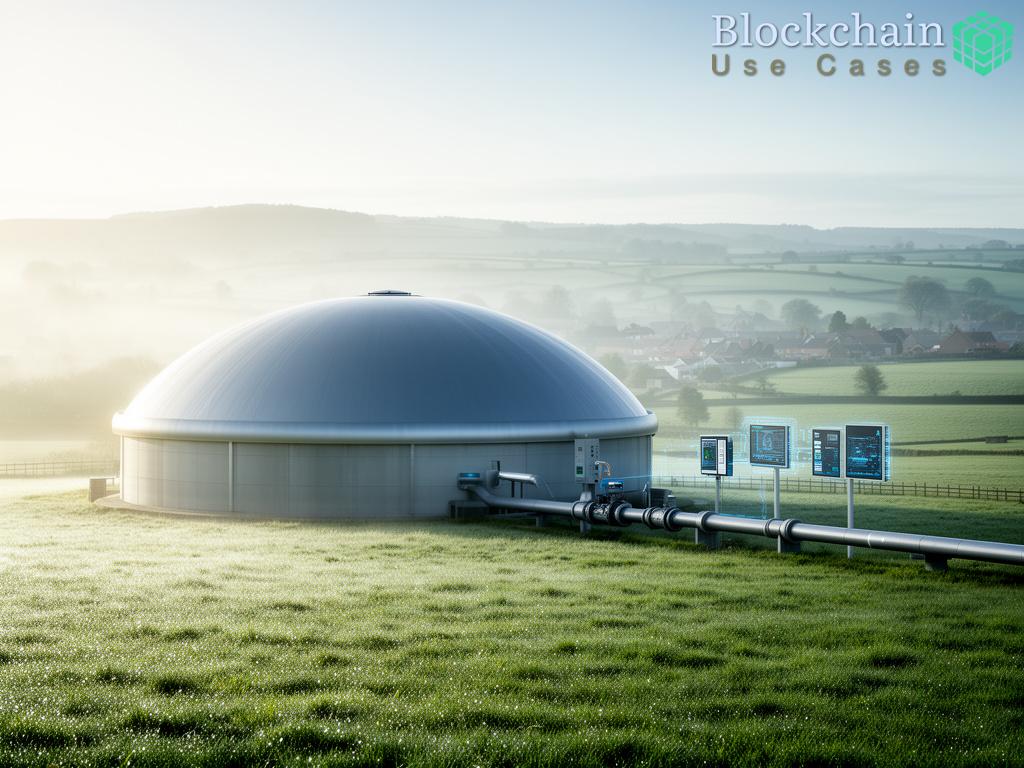As the global demand for energy continues to rise, the need for innovative solutions to enhance energy efficiency becomes increasingly critical. Smart contracts, powered by blockchain technology, offer a transformative approach to implementing energy efficiency incentive programs. These programs not only streamline transactions but also create a transparent, secure environment for stakeholders involved in energy management.
How Smart Contracts Work in Energy Efficiency

Smart contracts are self-executing contracts with the terms of the agreement directly written into code. In the context of energy efficiency, smart contracts can automate incentive distributions based on predefined criteria such as energy savings metrics or participation in demand response programs. This automation reduces the need for intermediaries, minimizes administrative costs, and accelerates the deployment of energy efficiency initiatives.
Benefits of Implementing Smart Contracts for Energy Incentives
Integrating smart contracts into energy efficiency programs offers numerous advantages. Below is a concise overview of the key benefits:
- Transparency: All transactions are recorded on the blockchain, providing an immutable ledger that enhances trust among participants.
- Automation: Smart contracts automatically execute when conditions are met, ensuring timely payments and reducing delays.
- Cost-Effectiveness: By eliminating intermediaries, smart contracts can significantly lower transaction costs associated with traditional incentive programs.
- Data Integrity: The use of blockchain ensures that the data used to calculate incentives is secure and tamper-proof.
Case Studies and Future Implications
Several pilot projects have already demonstrated the effectiveness of smart contract-based energy efficiency incentive programs. For example, in California, a partnership between utility companies and blockchain startups has led to successful demand response initiatives, where consumers receive real-time incentives for reducing energy use during peak periods. As these technologies continue to mature, the potential for widespread adoption of smart contracts in energy management grows, paving the way for a more efficient and sustainable energy future.





